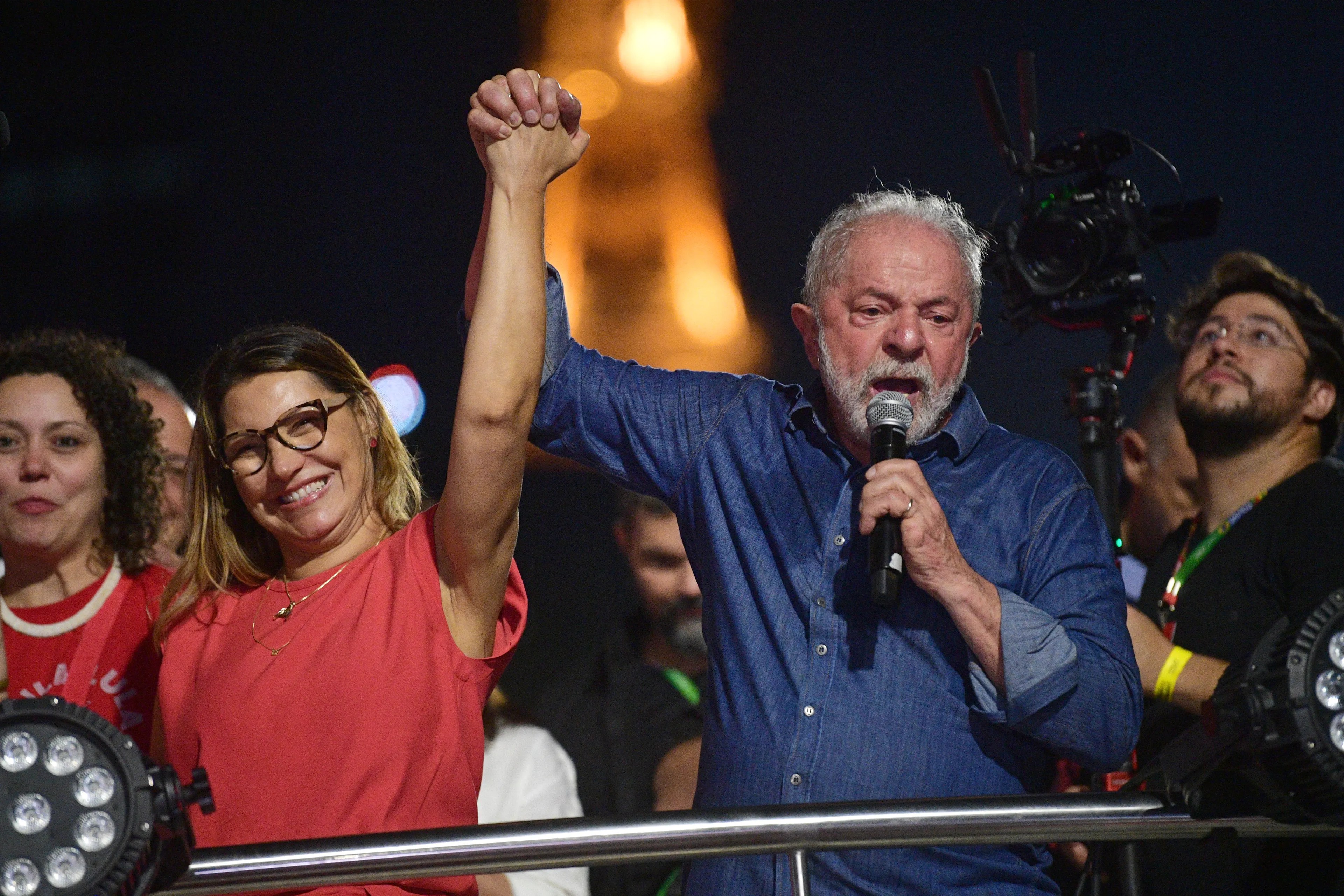The Brazilian presidential election yesterday was billed as one of the most consequential in decades – not just for the country but for the future of the planet. Anyone paying attention to either the climate crisis or the Amazon, the world’s largest rainforest, could hardly quibble with that description.
The good news is that the Amazon can expect a breather. After four years of Jair Bolsonaro’s often destructive policies, the right-wing incumbent is being replaced. His leftist challenger Luiz Inácio Lula da Silva squeaked home with 50.9 per cent of the vote in a bitter contest that ended with the smallest winning margin since the end of the military dictatorship in the 1980s.
Around 40 per cent of all the virgin forest cut down last year was in Brazil, helping it become the world’s sixth-largest emitter of greenhouse gases. Deforestation increased every year under Bolsonaro and this year hit a 15-year high. The former army officer undermined and underfunded the state bodies charged with protecting the forest and encouraged opportunists to pile in and plunder the area’s abundant natural resources.
Last night’s result effectively confirmed that half the nation will never forgive him
One of Lula’s first acts as president-elect was to promise a more helpful stance on climate and environmental issues: he is betting he can repeat the success he had between 2003 and 2011 when, during his first two terms as president, he slashed deforestation by more than 70 per cent. (You’ll see figures of 80-odd per cent floated but that was over both Lula and his successor’s terms.)
‘Brazil is ready to be a protagonist in the climate crisis battle, protecting all our biomes, above all the Amazon,’ the 77-year-old said in his victory speech. ‘We are going to restart monitoring Amazonia and fighting each and every illegal activity, whether it is prospecting, mining, illegal logging or improper ranching or fishing. We are open to international cooperation to preserve the Amazon, be that through investment or scientific research, but always under the leadership of Brazil. We will never renounce our sovereignty.’
At home, his focus will be different – although no less important. As a child, Lula was so poor he shined shoes to make a few coppers and he has never forgotten the pain of hunger. His first government won international acclaim for its poverty reduction programs and he made it clear his priorities have not changed. A pandemic that killed almost 700,000 people helped push poverty numbers to the highest on record: Lula said ensuring no one goes hungry remains his raison d’être. ‘We have a duty to guarantee that every Brazilian can eat breakfast, lunch and dinner every day,’ he said. ‘That will once again be the number one priority of my government.’
How he does it all is an open question. High commodity prices financed Lula’s spending last time around but the world has changed. He must also operate in a nation polarised by anger at his Workers’ party’s corruption scandals and the subsequent rise of the right-wing parties. Last night’s result effectively confirmed that half the nation will never forgive him. Lula was jailed for his part in the scandals but released after almost two years when charges were annulled on a technicality. Although he promised to govern for the whole country, his opponents are unlikely to forgive or forget.
Just how much of a fight they will put up remains to be seen. Bolsonaro has not formally conceded defeat and there is still a question mark over whether he will. The former army captain spent months undermining the reliability of the electronic ballot boxes, even though there was no evidence they could be hacked. He pulled back from that position on the eve of the vote: a sign he no longer feels the military and business elite would support any kind of coup.
But his campaign also opened a new front with the electoral authorities who sanctioned him for his repeated misinformation and fake news. Street protests by his supporters – or tiring legal wrangles from his lawyers – could yet ensue.
One of his most vociferous backers, a fundamentalist Christian and congressman named Nikolas Ferreira, wasted no time in declaring that the ‘cultural and spiritual war goes on’. ‘Bolsonaro’s exit from power will not resolve the biggest problems – but it’s a first step,’ Rosana Pinheiro-Machado, a Brazilian academic who studies the far-right, wrote in an online column on Sunday. ‘And in the position we’re in right now, that first step is gigantic.’
No one is under any illusions. Lula himself said that the task ahead would be immense, and he knows Bolsonaro is not going away. Right-wing governors run the three most important states and will control Congress. But for now, with the daily madness paused and the World Cup around the corner, Brazil can catch its breath and think about other things. A little normality would not go amiss before it all cranks up again for the inauguration on 1 January.







Comments